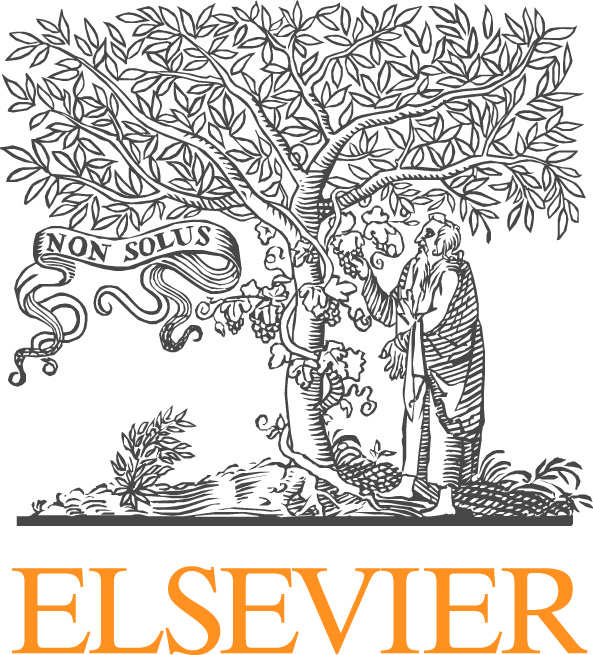
Continuum Theories for Modeling Atomic Scale Physics: Novel Models and Methods
Jonathan A. Zimmerman, Reese E. Jones, Jeremy A. Templeton
Continuum theories have been used for decades to analyze and predict the behavior of materials, structures and systems. With the advent of nanoscience and nanotechnology, there is strong motivation to develop continuum models capable of accurately representing the dissipation, compatibility, anisotropy, evolution, and fluctuations of scientific and practical interest at atomic scales. However, the application of continuum mechanics to nanomechanical problems often lacks the physical motivation underlying the corresponding macroscale theories. And while atomic-scale modeling and simulation methods, e.g. molecular dynamics, density functional theory, and Monte Carlo methods, have provided a wealth of information for such systems, the use of such methods is computationally inefficient.
This symposium focuses on recent advances in the application of continuum theories to nanomechanical systems, and on the alteration of such theories to accurately represent phenomena unique to the atomic scale. Of interest are efforts in the areas of fracture mechanics, plasticity, fluid dynamics, and thermal and charge transport. Talks should focus on novel applications or modifications of existing continuum theories or propose new theories, needed for modeling nanoscale processes. Methodologies for their development include, but are not limited to, quantum calculations, empirical atomistic simulation, statistical mechanics, multiscale/mesoscale modeling, and finite element analysis.










